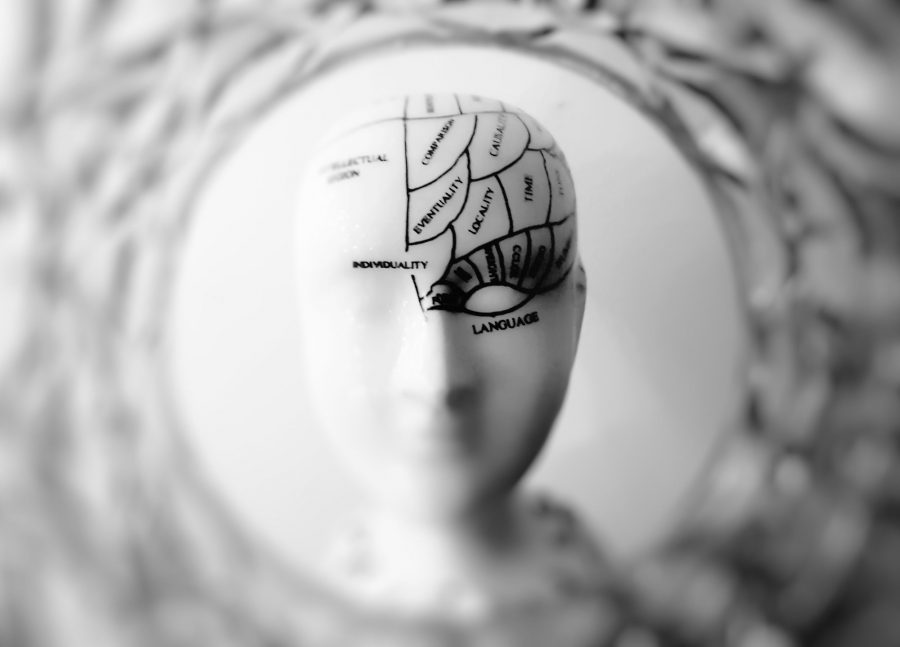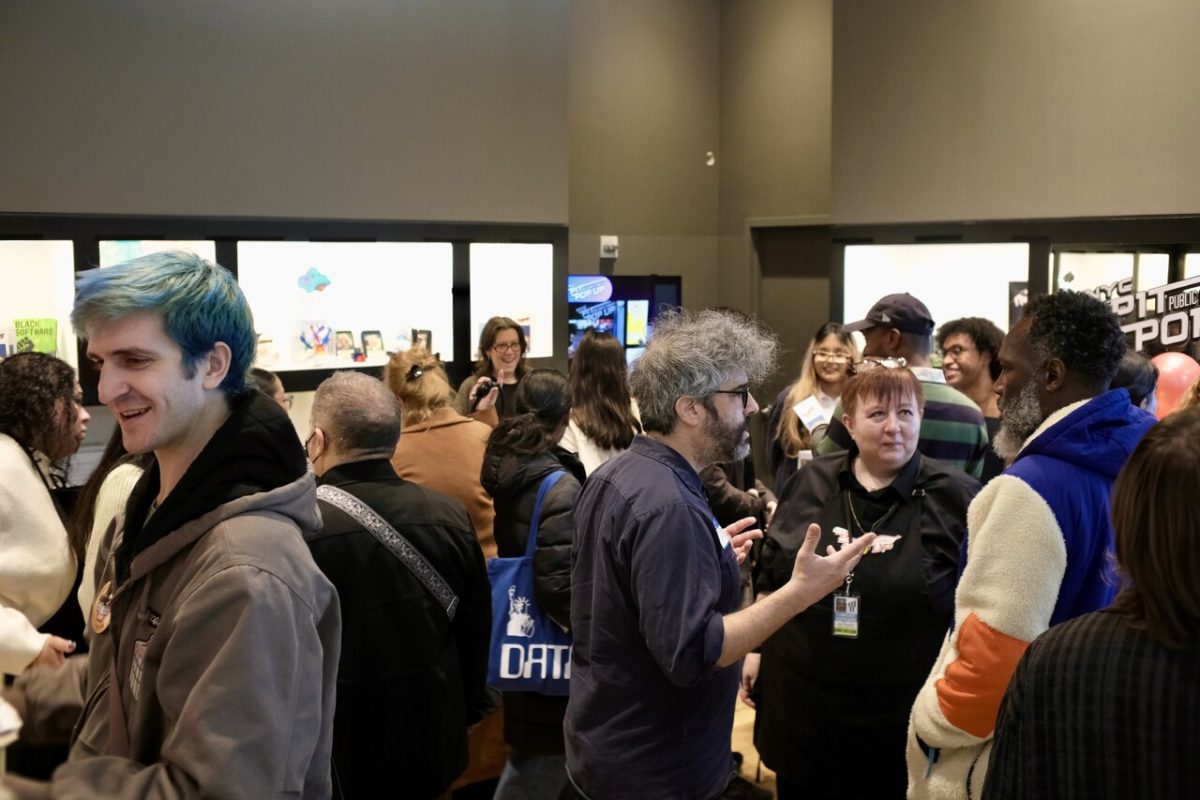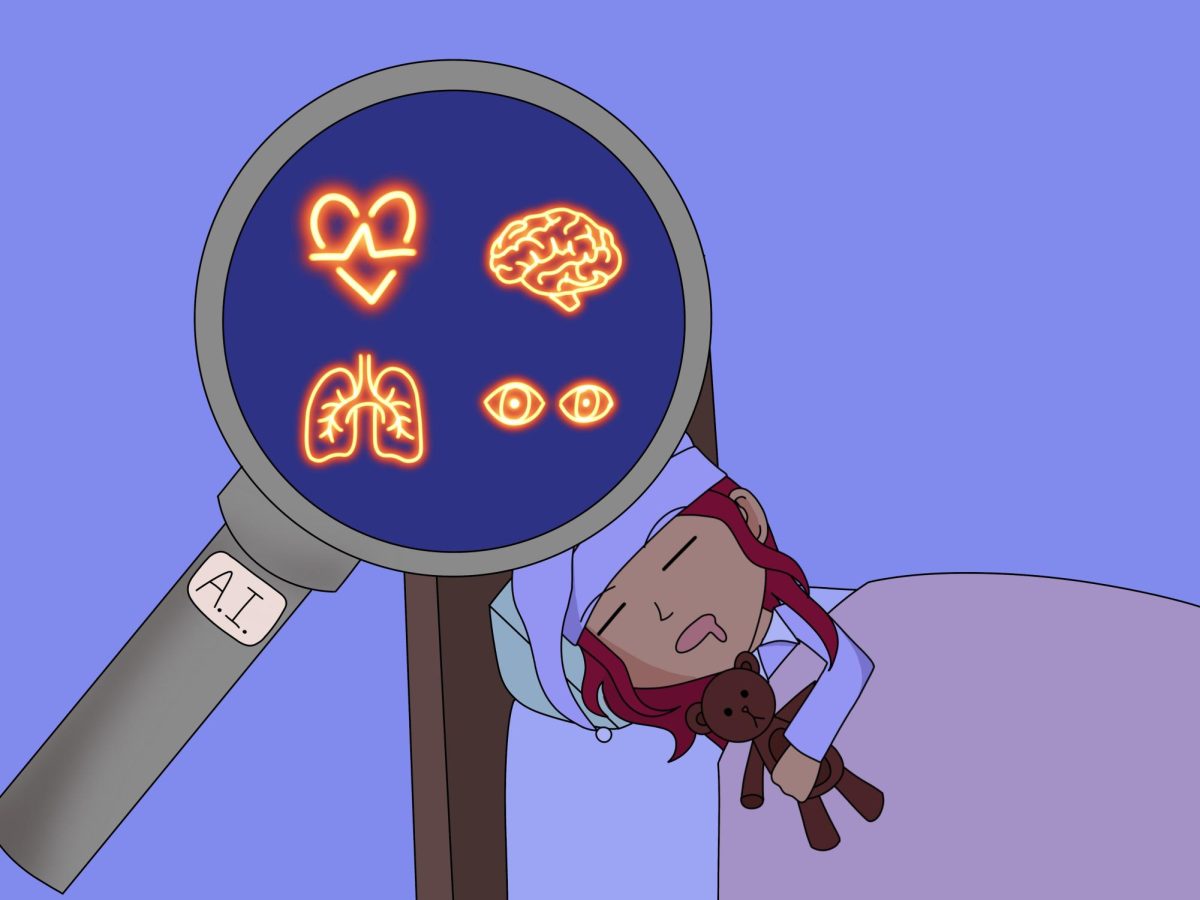Forgetting things is common when you live in a fast-paced city like New York, but researchers might have a solution.
At the California Institute of Technology, researchers questioned why memories formed recently are more likely to be forgotten than memories formed years ago.
In the study, a mouse was placed in a maze with marks on the wall with red and green LED lights to encourage it to remember said marks leading it to its treat, sugar water. Previous to the experiment, the mouse had been implanted with a microendoscope, a type of endoscope that uses optical fibers or fibers bundles to obtain microscopic images of tissue which can project better images.
The images showed that clusters of neurons in the hippocampus would group up and work in a synchronized manner when the mouse would look at the marks on the wall repeatedly.
Neurons are a special type of cells whose sole purpose is to transmit information to one another and throughout the body. The hippocampus is a part of the brain that is responsible for memory and emotion.
The researchers stated that individual neurons only store memories for five to 15 days on average, while clusters of neurons synchronized can hold memories for up to 35 days. After 20 days, mice were put back into the maze and some showed signs of recognition.
While not all of their original cluster of neurons were still intact, there were enough neurons to fill in the gaps of the mice’s memory. It was concluded that the mouse through repetition had memorized where the sugar water was based on its recognition of the marks on the walls.
The act of repetition created a unified group of neurons which allowed the mouse to remember the location of its treat.
While researchers can not exactly pinpoint where information is stored in neurons, like whether the information is spread past the hippocampus and cortex or if information is “stored at different hierarchical levels,” they are able to tell when information is being transmitted.
Diseases like Alzheimer’s and dementia can impair the endurance of memories which makes research from Caltech much more valuable.
The mice experiment demonstrated that clusters of neurons will deteriorate over time. If this deterioration is more prominent as humans grow older, it could explain why people forget things quicker as they get older.
This could also explain why children remember things better than adults at times, as explained in an article published by Slate that presents the claim that children do remember aspects of their childhood clearly.
College students trying to learn and study for class could make use of this study by repeating the material over and over again to become proficient.
In an article published by LifeHack, titled “Writing and Remembering: Why We Remember What We Write” the author presents the idea that writing things down is the best way to remember something.
The article explained that the act of writing is similar to a “mini-rehearsal” for our brain which makes it feel as if we’re experiencing what we’re writing and therefore making it easier to remember.
It is important for college students today to know that repetition is key to remembering something and could prove beneficial for their studies.
With Caltech’s research, it is clear that repetition breeds a unification of neurons and helps store information for longer periods of time.
While it is still unclear how much we know about storing memory and the effects diseases like Alzheimer’s could have on clusters of neurons, repetition remains the key to keeping your memory strong.








